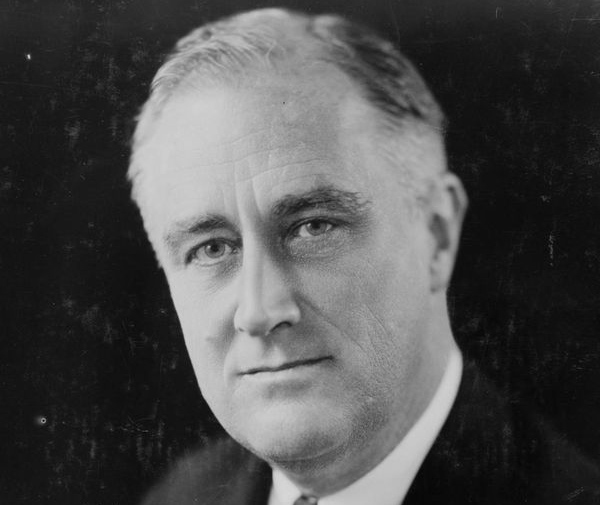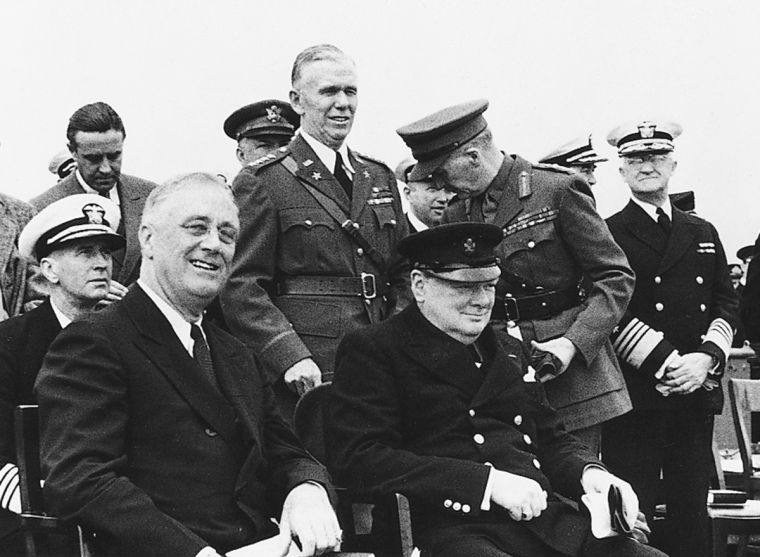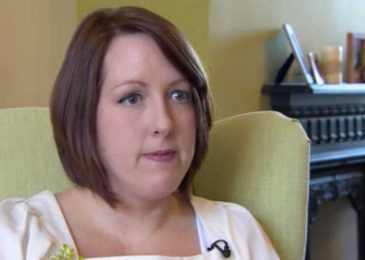
As the US Election Day draws ever closer, we continue our series on the faith of America's presidents. We've explored JFK's Catholicism, Ronald Reagan's fight for freedom, the piety of Jimmy Carter and the prayerful presidency of Dwight D Eisenhower.
We now turn to Franklin D Roosevelt, the three-term serving Democrat who saw America through the Great Depression, World War Two, and faced his own crippling battle with polio. The White House website says that FDR "helped the American people regain faith in themselves". Looking at his life, it seems America's 32nd president couldn't have done that without his faith in God.
Social Justice
FDR became famous for his 'New Deal' economics: his pioneering of social security through which he sought "relief, recovery, and reform" following the vast unemployment and poverty caused by the Great Depression. His reforms enlarged the role of the government to an unprecedented level, with the aim of protecting America's most disadvantaged citizens with a security not guaranteed by the free market.
FDR's economics were rooted in the Bible's teaching on social equality and love of neighbour. In his words: "We call what we have been doing 'human security' and 'social justice.' In the last analysis all of those terms can be described by one word; and that is 'Christianity'."
Advertisement
Roosevelt used the Sermon on the Mount in support of his vision and quoted the Beatitudes explicitly in his Christmas Eve address in 1939. In the same speech he said: "Let us rather pray that we may be given strength to live for others." On another occasion he put it thus: "The test of our progress is not whether we add more to the abundance of those who have much; it is whether we provide enough for those who have too little."
War and peace
FDR was a war president, but he spoke constantly of his commitment to peace. As he famously said: "I have seen war…I hate war."
On his Christmas Eve address in 1941, following the bombing of Pearl Harbour, and America's subsequent entry into the war, he saw the hope of Christmas as a profound guide for the war torn present. He asked: "How can we meet and worship with love and with uplifted spirit and heart in a world at war, a world of fighting and suffering and death?…How can we put the world aside…to rejoice in the birth of Christ?…And even as we ask these questions, we know the answer. There is another preparation demanded of this Nation beyond and beside the preparation of weapons and materials of war. There is demanded also of us the preparation of our hearts – the arming of our hearts. And when we make ready our hearts for the labor and the suffering and the ultimate victory which lie ahead, then we observe Christmas Day – with all of its memories and all of its meanings – as we should.
"Looking into the days to come, I have set aside a day of prayer, of asking forgiveness for our shortcomings of the past, of consecration to the tasks of the present, of asking God's help in days to come.
Sponsored
Watch Your Favorite Christian Films, 24/7.
Click Here To Start Your Free Trial Today
"We need His guidance that this people may be humble in spirit but strong in the conviction of the right; steadfast to endure sacrifice, and brave to achieve a victory of liberty and peace."

He saw the war in religious terms: "Our enemied are guided by brutal cynicism, by unholy contempt for the human race. We are inspired by a faith that goes back through all the years to the first chapter of the book of Genesis: 'God created man in his own image.'…We are fighting, as our fathers have fought, to uphold the doctrine that all men are equal in the sight of God."
Dying of a cerebral hemorrhage on April 12, 1945, FDR would not live to see peace-time. Nonetheless he devoted much energy to the planning of a United Nations that could peacefully settle future conflict; through the UN his peace-seeking legacy has endured.
Faith and the Bible
Roosevelt had high praise for the Bible and the role of religion in society. In 1935 he said: "We cannot read the history of our rise and development as a Nation, without reckoning with the place the Bible has occupied in shaping the advances of the Republic… Its refining and elevating influence is indispensable to our most cherished hopes and ideals."
In 1936 he would even come to call for religious revival: "No greater thing could come to our land today than a revival of the spirit of religion – a revival that would sweep through the homes of the Nation and stir the hearts of men and women of all faiths to a reassertion of their belief in God and their dedication to His will for themselves and for their world. I doubt if there is any problem – social, political or economic – that would not melt away before the fire of such a spiritual awakening."
In his final inaugural address, just months before he died, he said: "The Almighty God has blessed our land in many ways. He has given our people stout hearts and strong arms with which to strike mighty blows for freedom and truth. He has given to our country a faith which has become the hope of all peoples in an anguished world. So we pray to Him now for the vision to see our way clearly – to see the way that leads to a better life for ourselves and for all our fellow men – to the achievement of His will to peace on earth."
FDR saw many crises in his lifetime, he had much to fear as he faced mortality on a personal and global scale. Yet he remained steadfast, and his iconic call from his first inaugural address offers hope to a fearful present: "This is preeminently the time to speak the truth, the whole truth, frankly and boldly…The only thing we have to fear is fear itself."





